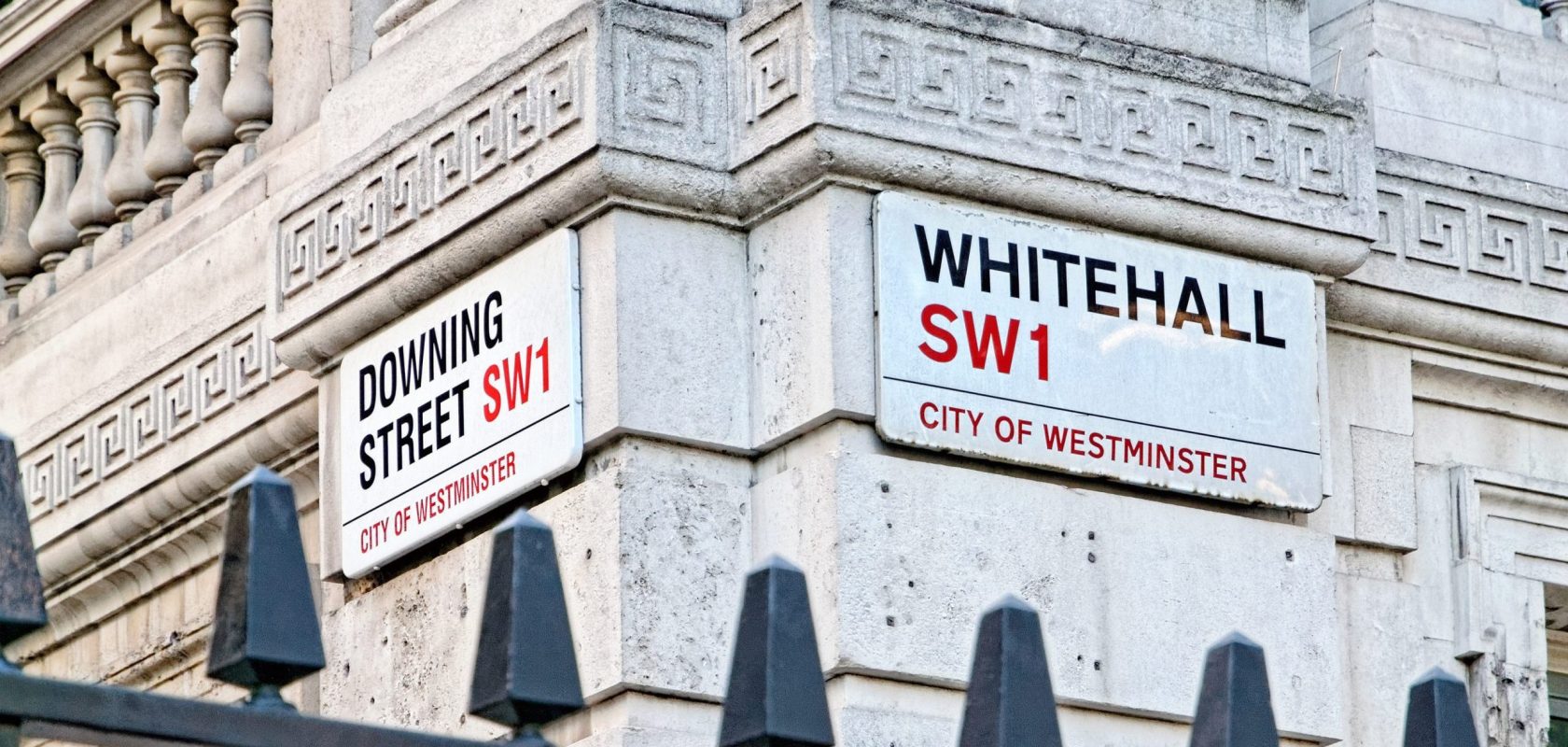Where quote marks appear the words have been directly transcribed from what was said in the Commons chamber or in a written response, where they are not used the content of what was said has been summarised for brevity.
Labour Party shadow frontbench reshuffle
For full details click here.
As part of a wider reshuffle of the shadow frontbench this month, Labour made changes to their Health and Social Care team.
Feryal Clark (Enfield North), previously Shadow Minister for Primary Care, has become Shadow Minister for Health and has been replaced by Preet Gill (Birmingham, Edgbaston).
Dr Rosena Allin-Khan (Tooting), previously the Shadow Cabinet Minister for Mental Health, left her position when the role was downgraded to junior ministerial status.
She was replaced by Abena Oppong-Asare (Erith and Thamesmead), who became Shadow Minister for Women’s Health and Mental Health.
The full Labour Health and Social Care team:
- Wes Streeting – Shadow Secretary of State for Health and Social Care
- Abena Oppong-Asare – Shadow Minister for Women’s Health and Mental Health
- Andrew Gwynne – Shadow Minister for Social Care
- Feryal Clark – Shadow Minister for Health
- Preet Gill – Shadow Minister for Primary Care and Public Health
- Karin Smyth – Shadow Minister for Health
Prime Minister’s Questions
13 September | Read in full.
Q Ed Davey (Lib Dem: Kingston and Surbiton) – Leader, Liberal Democrats
“Last year, after being referred by their GP, 22,000 people waited more than four months to start urgent treatment for cancer—a terrible wait that is twice as long as the Government’s maximum 62-day pledge; a cancer target they have not met once since 2015. We all have loved ones whose lives have been turned upside down by cancer and we all know that every day counts. Waiting reduces the chances of survival. Will the Prime Minister tell people waiting anxiously to start their cancer treatment when this cancer target will be met?”
A Prime Minister
“It is absolutely right that we do everything we can to speed up cancer diagnosis. The pandemic has had a significant impact on cancer recovery: before the pandemic there were about 200,000 cancer referrals a month, but during the pandemic the figure dropped to about 80,000, and now, as those referrals come through, that is having an impact. However, we are ensuring that there are hundreds more oncologists and radiologists working this year than last year, and rolling out more than 160 community diagnostic centres. Early diagnosis is key, which is why, although there is work to do, cancer treatment today is at record levels. We are making progress, and the 62-day backlog is now falling. Recently the NHS wrote to all trusts, streamlining our targets, clinically advised, and now all the focus is on meeting them as quickly as possible.”
House of Commons: Health and Social Care Committee
On 5 September, the committee held an oral evidence session on the impact of poor housing on health. Academics from Imperial College London and the University of Greenwich were among those speaking. The session can be read here.
House of Commons: Other debates
On 4 September, Elliot Colburn (Con: Carshalton and Wallington) led a debate on petitions calling for changes to assessments for disability benefits, including that ‘claims should be based solely on evidence from medical professionals, such as a letter from a GP’. Read in full.
On 12 September, Wendy Chamberlain (Lib Dem: North East Fife) led a Westminster Hall debate on paediatric acute-onset neuro-psychiatric syndrome and paediatric autoimmune neuropsychiatric disorders associated with streptococcal infections. Read in full.
On 14 September, Peter Aldous (Con: Waveney) led a Westminster Hall debate on community pharmacies. Read in full.
This debate marked the first contribution of Preet Gill (Lab: Birmingham, Edgbaston) as Shadow Primary Care minister. In her remarks she noted:
“Community pharmacy is a huge part of… relieving pressure on overstretched GPs and delivering first-class care and advice to patients. It is high time we realised the potential of pharmacies; as with the vaccine roll-out during the pandemic, they have proven time and again that there is so much more they can deliver as part of the primary care mix.”

